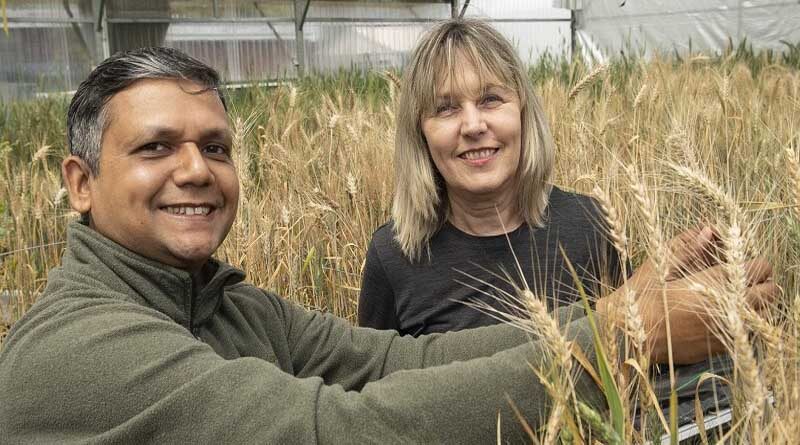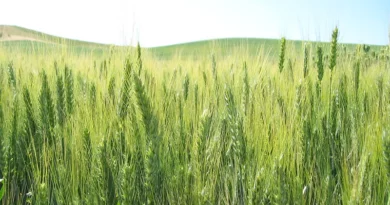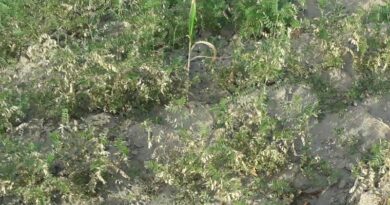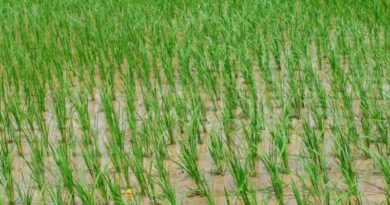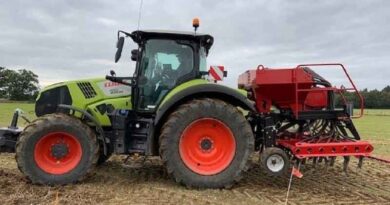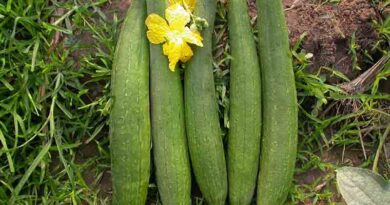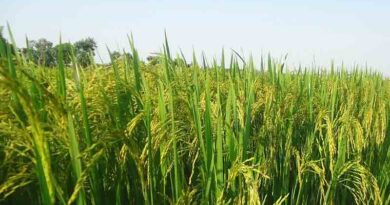Australia: Sodic soil tolerance research paves the way to improved wheat varieties
14 November 2021, Australia: New wheat varieties with improved tolerance to soil sodicity are on the horizon, as a result of research to develop a method to accurately identify suitable breeding lines.
Tolerance to soil sodicity – a high sodium concentration often combined with high pH and excessive levels of boron, iron or manganese – is difficult to identify, due to its inconsistent response to seasonal variability and yield potential of varieties.
The Department of Primary Industries and Regional Development (DPIRD) developed the method as part of a national project that had co-investment from the Grains Research and Development Corporation.
Over the past six years, germplasm from nearly 500 existing and novel wheat lines from around the world, sourced via the International Centre for Agricultural Research in Dry Areas, have been evaluated in field and laboratory trials.
The experiment was based on the hypothesis that only lines with real tolerance to sodic soil factors would exhibit tolerance at multiple times of sowing.
The research successfully demonstrated that soil sodicity tolerance in wheat can be better detected through an Incremental Crop Tolerance approach and ascertained through multiple sowing times.
Research scientist Mirza Dowla said the use of the Incremental Crop Tolerance index was a prudent choice of tolerance indices to use in the research to identify sodicity tolerance more easily and accurately.
“The conventional methods of deriving tolerance indices for performance traits by comparing yield responses to a control could not be used effectively with sodicity,” Dr Dowla said.
“Sodicity tolerance depends on several genetic and physiological factors and varies with the timing of the stress occurrence, which can be further complicated by rainfall patterns and other subsoil constraints.
“The genetic tolerance to sodicity is often confounded by the high yield potential of modern cultivars, which makes finding tolerant lines even more challenging.”
DPIRD biometrician Karyn Reeves applied the Incremental Crop Tolerance index analysis, using data from experiments implemented at sodic and non-sodic sites at the department’s Merredin Dryland Research Institute at two times of sowing.
“Whereas conventional indices were derived from a ratio of yield responses at stressed and control sites, the Incremental Crop Tolerance index provided a better measure of tolerance, as it was independent of yield potential,” Dr Reeves said.
Of 15 genotypes examined in both time of sowings at Merredin, Scepter, Condo and two international lines demonstrated tolerance to sodicity.
Sodic soils are structurally dispersive and have low porosity, leading to poor crop establishment, limited water availability and vulnerability to erosion, resulting in yield loss.
An estimated 63 per cent of the Western Australian wheat growing area is affected by sodicity, depending on the season, resulting in a yield gap of 0.12 tonnes per hectare per year, worth millions of dollars per annum.
Dr Dowla said the information could assist plant breeders to develop high performance varieties with improved sodic tolerance.
“Farmers with sodic soils can have confidence that Scepter and Condo carry the inherited tolerance and will perform well in stressed environments,” he said.
“There is also potential for identified sodicity tolerant breeding lines to be crossed with existing varieties to produce new varieties with enhanced tolerance to boost yield potential, productivity and profitability.
“Further research will provide plant breeders with information to identify the type of sodicity tolerance and how lines respond in stressed environments.”
DPIRD has already undertaken some pre-breeding analysis and developed advanced breeding lines.
The other collaborators on the project were University of Adelaide, New South Wales Department of Primary Industries, Agriculture Victoria and the University of Queensland.
Picture caption: DPIRD research scientists Dr Mirza Dowla and Dr Karyn Reeves have been working on a project to help develop new wheat varieties with improved tolerance to sodicity.

